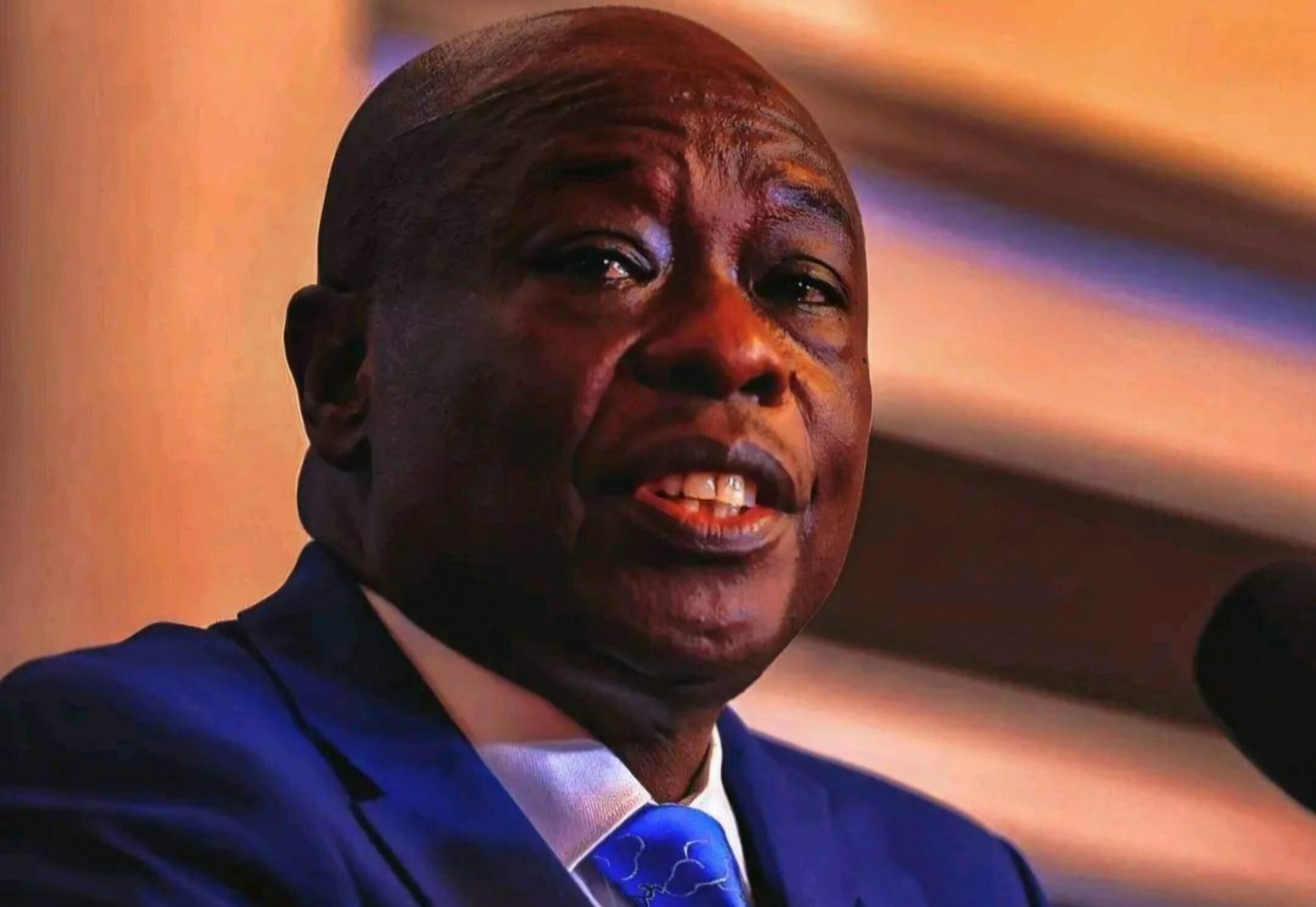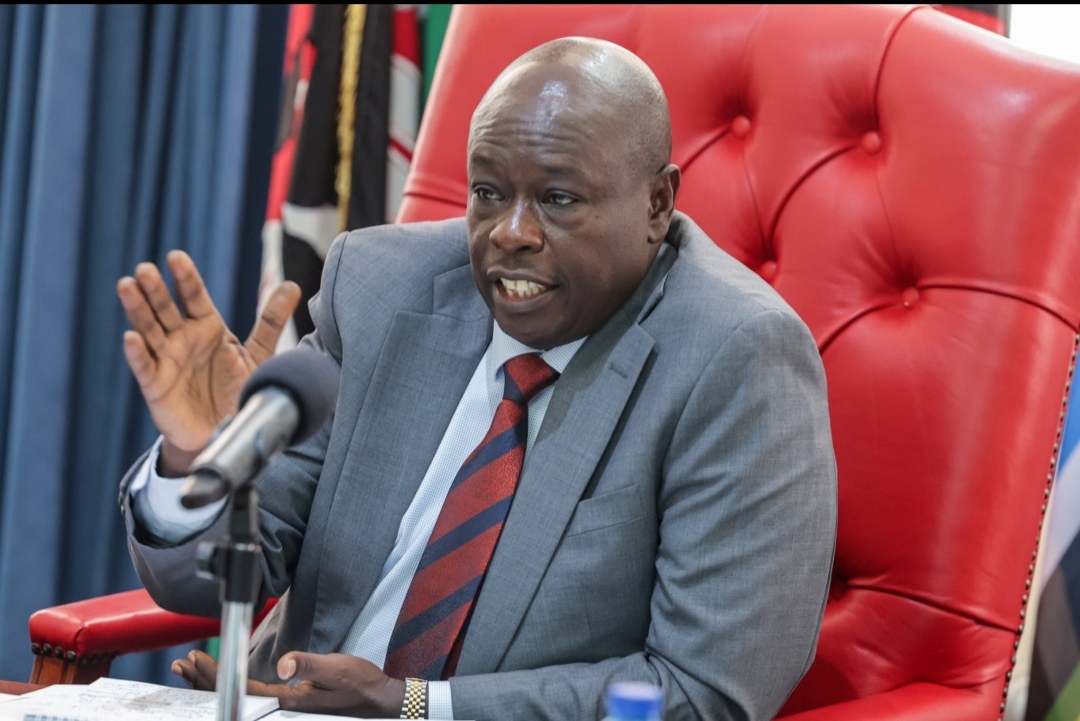Reining in online hate speech

Hate speech is a communication that expresses hatred for some group of persons with an intention to provoke violence. It is usually directed to a group of people defined in terms of ethnicity, gender, race, national origin, sexual orientation, religion, and the like. There are various media for hate speech, but the most common is through the social media. ESTHER KIRAGU looks at how we can curtail this vice online.
The Internet has evolved quickly over the past few years, changing the way people interact. By May 2014, it was reported that 52 percent of Kenya’s population had access to the Internet. Majority of these access the Internet through mobile phones. The use of Internet has brought to the fore the problem of hate speech, which emanates from ethnic tension that has polarised the country for decades.
Hate speech became most apparent during the run up to the 2007 elections. It was reported that short message service (SMS) fuelled political conflict and ethnic based hate speech, resulting in the 2007/2008 post-election violence. With the advent of social media such as Facebook and Twitter, hate speech has spiraled to another level and thus raising concerns on it’s effect on the stability of the nation. Concerted effort by the government to curb this vice could be witnessed during the 2013 election period in which six bloggers were charged with posting aggravating statements on social media.
Recently, a controversial Kenyan politician was tasked to apologise in public over statements he wrote on social media that bordered on hate speech. Earlier this year, a twenty-five-year-old Kenyan student was sentenced for two years after pleading guilty to both hate speech and insulting the head of state through his Facebook account on December 18 and 19, 2014.
Undoubtedly, Kenya has a vibrant social media scene and its misuse has ignited conversations about freedom of expression and its limits. The mainstream media in Kenya is limited in what it publishes by decency laws, libel and contempt. Regulatory measures to curb hate speech after the 2007 elections in Kenya included the establishment of the National Cohesion and Integration Act of 2008. Around election time in March 2013, Kenya’s Ministry of Information, Communications and Technology reportedly warned Internet service providers not to allow inflammatory and divisive messages to be transmitted through their networks.
Today, the two most popular social media sites are Facebook and Twitter. This is because one can communicate fast and creatively, connect with others who would otherwise be hard to reach and it is has a wide audience. Millions of people have been brought together via social media thus creating great opportunities to bond, but like everything, the key word is moderation.
Tough measures for social media misuse…
The Malawian government in 2013 drafted a law, the E-Bill, which sought to regulate and control online communications including social media networks in the country. The bill would require that editors of online publications make known their names, addresses and telephone numbers, in addition to other information for accountability purposes. The E-Bill further introduced the concept of government-appointed cyber-inspectors, who would have the powers to, among other duties, monitor and inspect any website or activity on an information system in the public domain and report any unlawful activity to the regulatory authority.
In 2014, the former Zambian president, the late Michael Sata, ordered the country’s telecommunications regulator to close down at least some online media outlets in the country, claiming they were promoting hate speech.
Closer home, last year, The National Steering Committee on Media Monitoring in Kenya raised concern over hate speech in the social media and local FM radio stations. There were allegations that leading media personalities and political analysts with large online following were taking advantage of the current lack of regulations for online space to perpetuate their ethno-political differences to the rest of the world. The committee urged the Government to hasten the determination of litigation on the key media bills created to help regulate the Internet.
The Constitution of Kenya guarantees the freedom of expression. However, this freedom of expression is not absolute and can be limited when exercised in a manner that violates the rights of others. As British lawmaker and Professor of Political Philosophy, Lord Bhikhu Parekh, once wrote: Although free speech is an important value, it is not the only one.
While a few Kenyans have so far been arrested and charged for hate speech, concealed web identities and free speech concerns make it very difficult to identify exactly who is stirring up trouble online. For instance, although policemen can be used to track the IP address of a computer used to post offensive material online and potentially this can help them identify the individual who sent or uploaded it, it is difficult to get hold of the exact perpetrator of hate in cases where the computer used was in a cyber café, as cyber cafés are public amenities and most computers are shared.
In some cases, the accused persons are set free because of lack of sufficient evidence to prove that they own social media accounts that have been used to propagate hate speech. While in other cases fake accounts are opened using the names of popular personalities who command a lot of respect in certain communities.
In 2014, the Collaboration on International ICT Policy in East and Southern Africa (CIPESA) released a report titled, State of Internet Freedoms in East Africa 2014, which explored the state of internet in East African countries including Kenya.
One of the recommendations given by the report is that conversations on what constitutes free speech and the distinction between blind control and respect for freedom of expression online should be fostered and should draw in civil society, the media, religious organisations and government departments. Another recommendation is that Kenya should expedite the enactment of the Access to Information law and the Data Protection law. Civil society should also be given opportunity to provide meaningful inputs into these laws.
Basic social media ethics…
Though it is necessary to monitor and stamp out those propagating hate speech, this should be done without compromising the constitutional rights of freedom of expression and opinions. Kenya is faced with the tough challenge of controlling hate speech online without infringing on freedom of expression and privacy. All the same there are ethics anyone interacting on social media ought to uphold.
Do ensure that your online content is always consistent with how you wish to present yourself to the public. The Internet NEVER forgets.
Don’t use ethnic and personal insults, foul language or engage in any online conduct that would not be acceptable. Just because you don’t agree with someone else’s opinion doesn’t give you the right to be offensive.
Don’t post something on social media when you are angry or upset. You are personally responsible for whatever content you publish so be mindful of what you publish.
Don’t cite or refer to anyone or even publish their personal information without their approval. Doing so could land you in a legal battle.
Don’t make false, alarming or even misleading statements. Learn when and where to draw the line, and pause and think about what you are about to publish before you do it.
Published in Feb 2015




